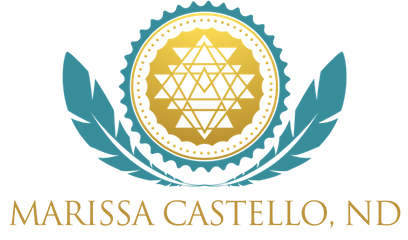Boosting Brain Resilience with Ginkgo and Bacopa
One of the oldest living species of tree, Ginkgo Biloba's leaves and seeds have been used in botanical medicine for thousands of years. Touted as the "brain herb," Ginkgo has received extensive research attention for its antioxidant and anti-inflammatory properties and the role they likely play in supporting healthy cognitive function and treating dementia and Alzheimer's disease.
Two components in Ginkgo help support brain health: Flavonoids, the source of the plant's antioxidant qualities, and Terpenoids, which help improve circulation by dilating blood vessels. Ginkgo may work by increasing blood flow, flushing out free radicals that can damage cells, and reducing inflammation. It may even protect nerve cells from further damage caused by Alzheimer's Disease or vascular dementia.
Numerous studies show Ginkgo has a positive effect on memory, learning, and thinking in people with Alzheimer's disease or vascular dementia. For some people, it may work as well as a prescription medication for Alzheimer's, but Ginkgo hasn't been tested against all drugs used to treat the disease. Also, testing Ginkgo supplements with healthy young and older adults have not conclusively shown a significant change in cognitive function. It's likely the herb works differently in healthy people compared to people who have an impairment or illness.
Another herb worth noting is Bacopa monnieri, an Ayurvedic botanical medicine used for centuries to enhance learning, memory, and attention span. Scientists have been investigating Bacopa for potential therapeutic intervention for Alzheimer's and age-related memory loss. Research suggests it may have a protective effect on brain cells by supporting optimal nerve conduction or helping them resist damage that can occur from infection, toxins, and the aging process.
Botanical medicines can interact with other drugs and medical conditions. Consult your wellness practitioner to determine if either of these herbs are appropriate for you.
